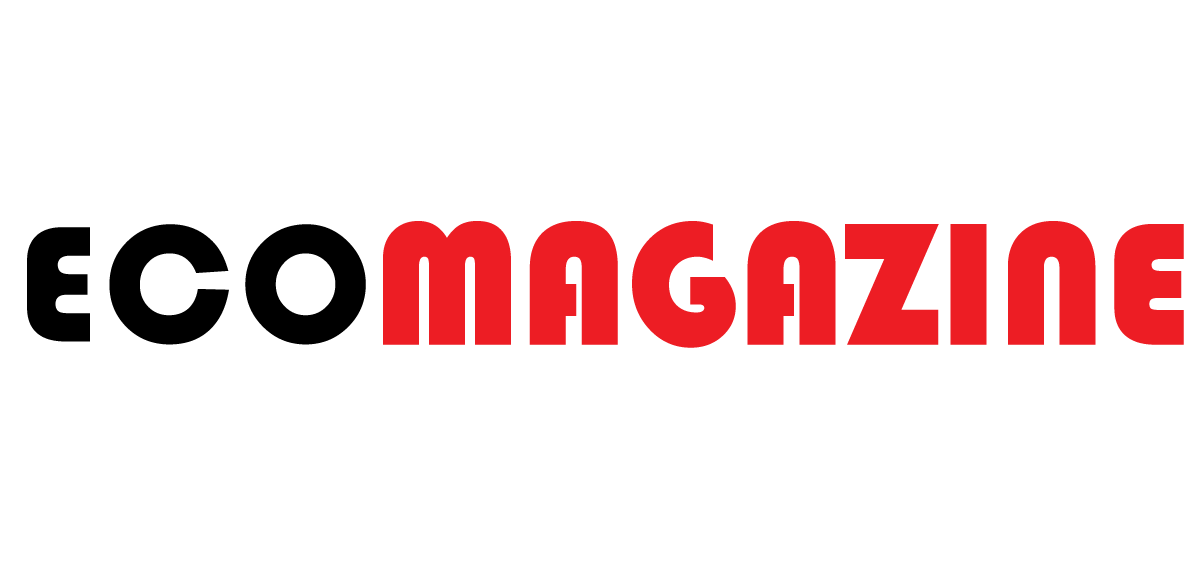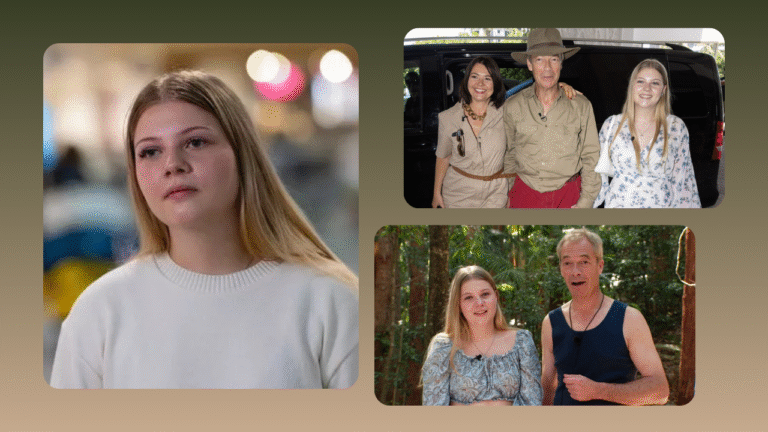Isabelle Farage : Charting Identity Outside Family Affiliations
Isabelle Farage, born in 2005 to Nigel Farage, a prominent and controversial figure in British politics, has always been in the spotlight by default. But much more interesting than her familial affiliation is the person she is quickly developing to be independent of it. As a highly educated, considerate-minded young woman with internships on both Atlantic and European sides, Isabelle gives us a glimpse into the nascent development of a possible future thinking leader. She’s hustled through tough classes, soaked up experiences from all over the planet, and—get this—she actually wants to jump into social and political conversations without just riding on her family name. No coasting. Just real ambition.
Isabelle Farage Life and Family: A Grounding in Unconventional Upbringing
Isabelle Grace Farage was born in the United Kingdom in 2005 and is today 19 or 20 years old depending on her birth date. Isabelle’s the youngest kid of Nigel Farage—you know, that Brexit guy who just can’t stay off the news. Her mom, Kirsten Mehr, is German and, honestly, you’d probably walk right past her on the street without a clue who she is. She’s kept super low-key, barely ever showing up in public, which seems to be the Farage family vibe.
Isabelle’s childhood was anything but ordinary. Try having a politician for a dad—paparazzi everywhere, privacy out the window. Still, she called Oxted, Surrey home, which is basically the poster child for sleepy, tree-lined suburbia. Kinda wild, right? All that chaos, tucked away in a place where the biggest scandal is probably someone’s dog digging up the neighbor’s flowerbed. Not exactly the gritty streets, but hey, it’s great for thinking big thoughts. She wound up at Woldingham School, which is basically Hogwarts for ambitious girls—tons of clubs, academics up the wazoo, you name it. Apparently, she dove into everything: current events, economics, even Model UN. Guess she was already flexing her “I care about the world” muscles way before it was cool.
Her life has also been influenced by sibling relationships. Isabelle speaks of a close relationship with her sister Victoria and of being in touch with her half-brother Samuel, from her father’s first marriage. Far from the frequently divisive public image of Nigel Farage, family accounts—a so-called “insider’s insider” viewpoint from one’s own family—are of an intensely personal and warm familial dynamic.
Education: A Launchpad for Influence of Isabelle Farage
Woldingham School was not only an educational establishment for Isabelle but also a developmental setting that encouraged argumentation, examination, and international dialogue. She’s all in when it comes to diplomacy and tackling big topics—Model UN, econ clubs, you name it. After snagging that diploma in 2023, she didn’t just jump straight into college like everyone expects. Nope. She grabbed that gap year by the horns, dove into whatever caught her interest, and basically stacked her brain with fresh perspectives before heading back into the academic grind.
Over this period, she pursued internships which provide hands-on experience in settings where actual choices are made. Her goal was transparent: learn policy and governance in practice, not just the classroom.
Internships: Constructing a Transatlantic View
Isabelle’s gap year has been characterized by two internships which place her as an insightful rising star:
United Kingdom – House of Commons (November 2022): Time spent in the British parliament made her directly connected to national political processes. Even though short, the experience made her witness the gears of government and infuse academic learning with lived experience.
United States – U.S. House of Representatives (September–November 2023): It’s the kind of thing that either makes you run for the hills or get hooked on figuring out how governments tick. For Isabelle, seems like it did the latter. Now she’s got this itch to compare how folks run things on both sides of the pond. Way more interesting than reading about it in some dry textbook, trust me.
Isabelle also spent a month at the UK’s Centre for Social Justice, a think tank recognized for addressing social inequalities. The experience reflects her interests and shows regard for policy design and implementation with tangible social effects.
Isabelle Farage Career Aspirations: Beyond the Family Name
Despite the natural media interest in Nigel Farage’s daughter, Isabelle has made deliberate choices to carve her own path. Her internships reflect a serious, pragmatic engagement with policymaking and not simply media visibility.
Her LinkedIn page titles her position as Customer Support Coordinator at Taylor Wimpey plc, a leading UK housebuilder. This entry into the world of work—albeit in the private sector—is in line with her more general trend of acquiring diversified, earthed experience.
Is Isabelle trying to make a career in politics? It is not yet certain. But her academic foundation in economics and international affairs, combined with direct experience of UK and U.S. political institutions, indicates serious consideration of careers in public policy, diplomacy, or international relations.
Public Role vs. Private Presence
While members of high-profile families often gravitate toward the spotlight, Isabelle remains cautious about media exposure. She uses Instagram and TikTok to share glimpses of her life yet maintains a boundary between personal reflection and public performance. A revealing moment occurred during I’m A Celebrity, when she visited her father overseas. The public response was warm, emphasizing their affectionate bond—even amidst Nigel’s reputation as a divisive figure.
These scenes show Isabelle to be someone who is able to weigh family obligation with discrimination and self-will—a trait that places her well for any future leadership or advocacy work.
Future Possibilities: What’s in the Future?
Through her move into her twenties, a number of possibilities stretch out before Isabelle:
Public Policy or Advocacy: Her experiences in the think-tank and legislature indicate that she might appreciate policy based on social priorities.
International Relations: Having been exposed to political climates on either side of the Atlantic, she can seek higher studies or employment overseas.
Private Sector with Social Purpose: Her work at Taylor Wimpey, a company with interests in housing and community planning, indicates possible interest in marrying business with social aims—particularly housing’s being central to community welfare.
Media Commentary or Thought Leadership: While now media-reluctant, her intellectual and diplomatic background may expand into writing, speaking, or public commentary—were she to pursue a public-facing path.
Whichever path she follows, one thing is certain: Isabelle’s developing pattern: an individual developing proficiency with purpose, consideration, well beyond what her surname alone might impart.
Reflections: A New Chapter in Public Discourse
Isabelle Farage represents a contemporary contradiction: anchored in the spotlight but genuinely carving out an independent course. At a crossroads of life, she is secretly gaining experience—school, work, and social—that betrays seriousness of purpose about giving meaningfully back to society.
Isabelle Farage is not pretending; she’s preparing. And instead of coasting on family name, Isabelle appears determined to forge her own position in the spaces where policy, culture, and civic duty converge.
Conclusion: More Than a Surname
Isabelle Farage is becoming a figure of possible influence—not incidentally, but intentionally. By trading off family identity against her own drive and experience, she is creating a reflective, richly textured identity. Within think tanks, government bureaus, or corporate environments, she is learning about how systems function—and how she could make a difference in them.
Her path, measured and multilayered, holds the potential for a future where her impact is likely to extend far beyond symbolic value. Isabelle is currently a rising voice—behind the scenes, overseas, in education, and in policy circles—gradually making her way toward a world that is more than relevant to her father’s legacy.


